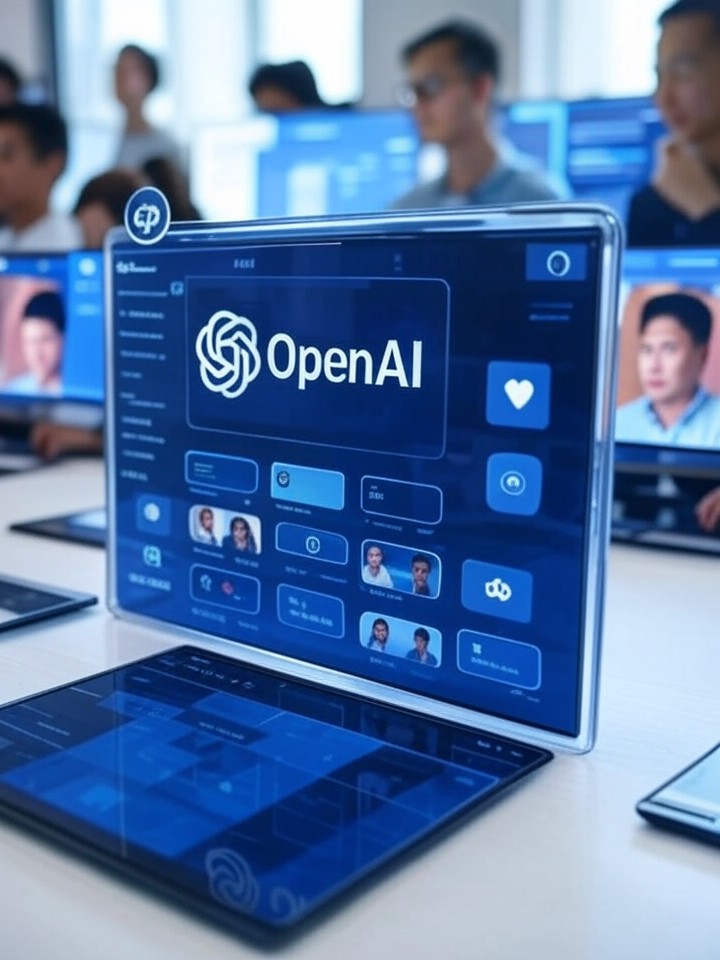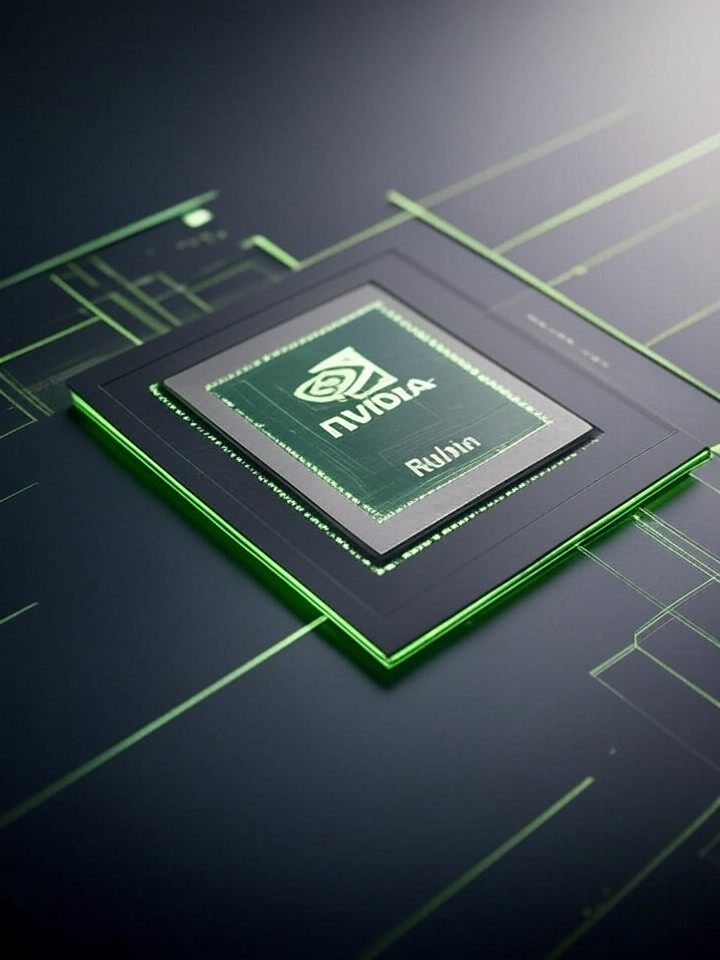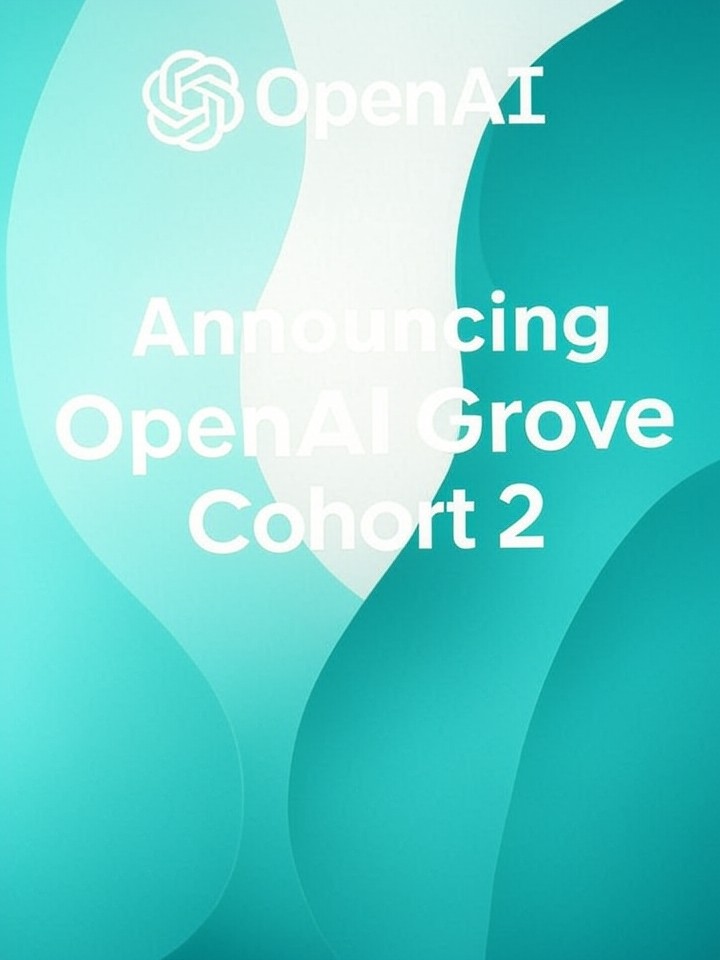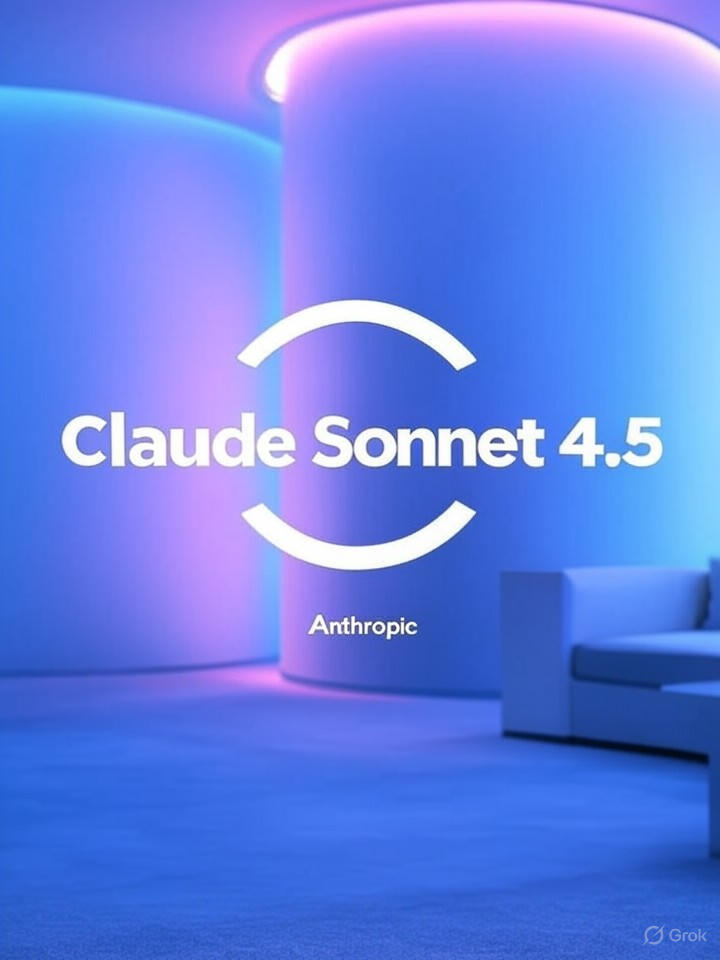Announcing the Launch of Claude Sonnet 4.5
{
“title”: “Claude Sonnet 4.5: The Next Frontier in AI Coding and Advanced Agent Development”,
“heading”: “Claude Sonnet 4.5 revolutionizes coding, reasoning, and agent capabilities for developers worldwide”,
“body”: “
Artificial Intelligence continues to redefine what’s possible in modern computing, and Claude Sonnet 4.5 stands at the forefront of this transformation. Designed as the most advanced coding and agent-building model to date, Claude Sonnet 4.5 empowers developers, businesses, and innovators to create complex, intelligent systems capable of performing sophisticated reasoning, coding, and computer interaction tasks.
With substantial advancements in reasoning, mathematics, and computational accuracy, Claude Sonnet 4.5 represents not just a step forward, but a leap into the next era of AI technology. From extensive safety improvements to cutting-edge agent infrastructure, this model sets a new standard for intelligent software development.
What Is Claude Sonnet 4.5?
Claude Sonnet 4.5 is the latest and most powerful version of Anthropic’s Claude series, recognized for its exceptional ability to code, reason, and build AI agents. It delivers major upgrades in both performance and capability, particularly for developers who rely on AI to automate complex workflows and build intelligent applications. With this release, Anthropic emphasizes not only raw power but also alignment, security, and usability.
The new model showcases superior results across multiple benchmarks, displaying significant improvements in reasoning, math, and computer-use evaluations. Its core design focuses on real-world coding performance, long-term task management, and enhanced safety frameworks.
Key Features and Innovations in Claude Sonnet 4.5
1. Unmatched Coding and Reasoning Capabilities
Claude Sonnet 4.5 has earned the title of the best coding model available, achieving state-of-the-art results on the WE-bench Verified evaluation—a metric that measures real-world software engineering performance. Developers have observed it maintaining focus and accuracy on complex, multi-step projects lasting over 30 hours. This consistency is a breakthrough in sustainable AI task performance, making it a trusted partner for long-term development workflows.
On the OSWorld benchmark, which tests an AI model’s ability to perform real-world computer tasks, Claude Sonnet 4.5 achieved a remarkable 61.4%—a dramatic increase from Sonnet 4’s score of 42.2% just months earlier. These improvements highlight Claude’s growing ability to interact with computer systems dynamically, from navigating browsers to managing spreadsheets and other digital workspaces.
2. Major Upgrades to Claude Code
The release of Claude Sonnet 4.5 is accompanied by substantial product upgrades. Claude Code, the platform’s coding environment, now includes highly-requested features such as checkpoints, allowing users to save progress and roll back instantly when needed. The terminal interface has been refreshed for improved usability, while a native Visual Studio Code extension provides direct integration with developers’ preferred tools.
These upgrades ensure that Claude Sonnet 4.5 fits seamlessly into professional development workflows, enabling efficient iteration and real-time collaboration between human programmers and AI assistants.
3. Expanded Context Editing and Memory Tools
One of the biggest challenges in large-scale AI development is maintaining context over long sessions. Claude Sonnet 4.5 addresses this with a new context editing feature and enhanced memory tools in the Claude API, allowing agents to run longer tasks and manage greater data complexity. This upgrade supports industries such as finance, legal, and scientific research, where problem-solving often depends on retaining, recalling, and reasoning across extensive datasets.
4. File Creation and Chrome Extension Integration
Claude Sonnet 4.5 extends functionality directly into the conversation interface. Users can now create and execute files—whether spreadsheets, documents, or presentations—within the Claude apps. Additionally, the Claude for Chrome extension, previously in limited access for Max users, is now widely available. This integration lets Claude actively assist users in their browsers, performing tasks like filling out spreadsheets, navigating web platforms, and optimizing online workflows.
The Claude Agent SDK: Building the Next Generation of Autonomous Agents
Another revolutionary aspect of this release is the Claude Agent SDK—the same infrastructure that Anthropic’s own teams used to create Claude Code. This toolkit provides developers with the essential building blocks to construct sophisticated AI agents. The SDK’s flexibility allows developers to design agents not only for coding but also for a wide range of automated applications, such as data analysis, decision-making, and task coordination.
Through this SDK, Anthropic shares the infrastructure that solves key challenges in agent design: memory management, permission balance, collaboration among subagents, and maintaining autonomy while ensuring user safety. This democratization of advanced AI infrastructure paves the way for new technological innovations across industries.
Advanced Safety and Alignment
Claude Sonnet 4.5 is not only the most capable model Anthropic has ever produced—it is also the most aligned. Enhanced safety mechanisms ensure more trustworthy and controlled behavior. Anthropic’s safety training has reduced problematic tendencies such as sycophancy, deception, or power-seeking behaviors. These improvements help make AI collaboration safer for everyday users and enterprise-level operations alike.
The model’s release under AI Safety Level 3 (ASL-3) protections ensures appropriate safeguards for its advanced capabilities. Specialized classifiers detect and block potentially harmful inputs and outputs, specifically those related to chemical, biological, radiological, and nuclear content. Should a filter activate, users can seamlessly continue conversations using a lower-risk variant such as Sonnet 4, ensuring uninterrupted workflows.
Anthropic also shares progress metrics showing a remarkable tenfold reduction in false positive flags since the initial version of these classifiers. Continuous fine-tuning of these systems is improving classification precision and user convenience.
Performance Benchmarks and Real-World Applications
Claude Sonnet 4.5 stands at the top of multiple benchmarks, including SWE-bench Verified and OSWorld, underscoring its dominance in software engineering and system interaction. Experts across diverse fields—finance, medicine, law, and STEM—report improved domain-specific reasoning and technical accuracy compared to earlier models like Opus 4.1.
These gains translate into tangible advantages for professionals who depend on fast, analytical decision-making and precise execution. Whether assisting a legal researcher with case law analysis or guiding a scientist through data modeling, Claude Sonnet 4.5 offers unparalleled clarity and reliability.
Imagine with Claude: A Glimpse into AI’s Creative Future
Alongside the official launch, Anthropic introduced a limited-time experiment called “Imagine with Claude.” This research preview explores how Claude can generate software in real time, creating functionality dynamically as users interact. With no prewritten code or predetermined outputs, this feature showcases the model’s adaptive creativity and technical versatility.
“Imagine with Claude” is available to Max subscribers as a five-day exploration into the model’s creative potential, inviting users to experience firsthand how Claude Sonnet 4.5 bridges the gap between generative AI and intelligent software design.
Pricing and Availability
Developers can access Claude Sonnet 4.5 via the Claude API using the model ID claude-sonnet-4-5. Despite substantial performance upgrades, pricing remains consistent with Claude Sonnet 4—$3 per million input tokens and $15 per million output tokens. This commitment ensures that innovation remains accessible to a broad range of developers and organizations.
All features, including Claude Code enhancements and API upgrades, are available immediately across all supported platforms. Paid app users can also benefit from code execution and file creation capabilities, unlocking new productivity potential across countless workflows.
Conclusion: Why Upgrade to Claude Sonnet 4.5?
Claude Sonnet 4.5 represents the future of AI-assisted coding and autonomous software development. It delivers robust new capabilities in reasoning, coding accuracy, memory retention, and long-term task execution—while setting new standards for safety, alignment, and transparency. Beyond its technical proficiency, the launch of the Claude Agent SDK empowers developers to create innovative, safe, and scalable AI agents for virtually any field.
In an era where code and intelligence drive every sector, upgrading to Claude Sonnet 4.5 ensures teams stay ahead with reliable, efficient, and aligned AI tools. Whether you’re an independent developer, enterprise engineer, or researcher exploring automation, Claude Sonnet 4.5 offers the groundwork for the next generation of intelligent computing.
For full documentation, evaluation results, and safety assessments, Anthropic provides public access to the Claude Sonnet 4.5 system card, model page, and developer resources. With its unmatched blend of capability, reliability, and innovation, Claude Sonnet 4.5 is truly redefining what AI can achieve.
”
}











